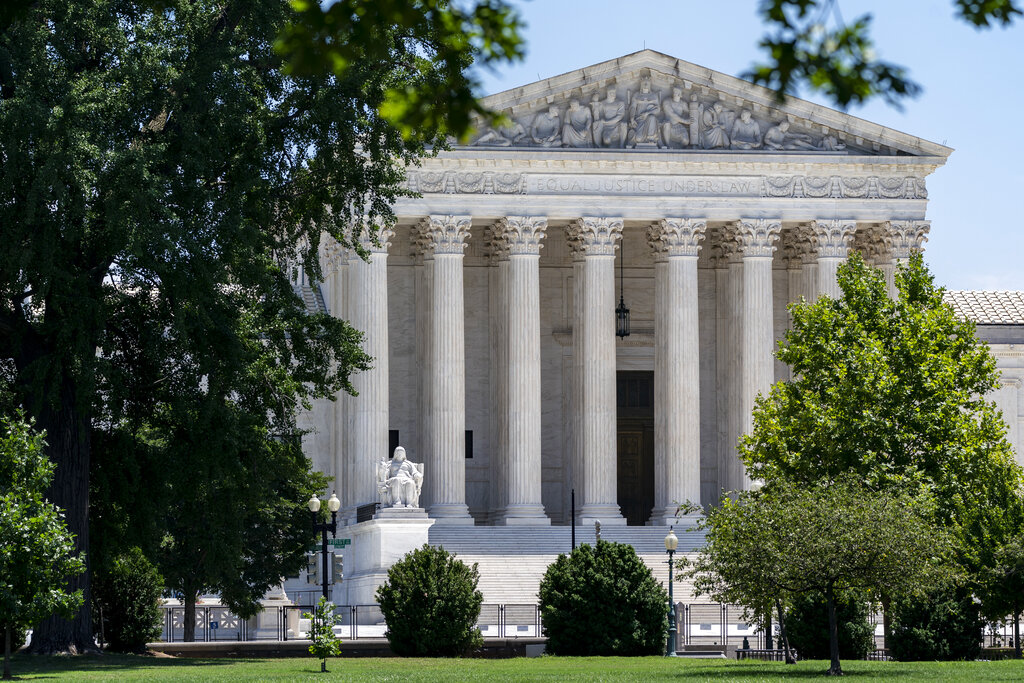Julie Blake of Alliance Defending Freedom (ADF) says the Food and Drug Administration (FDA) has failed its responsibility to protect the health, safety, and welfare of all Americans.
"The FDA never had the legal authority to allow these drugs onto the market, and it never had the authority to weaken and remove even basic safeguards on their use, like the requirement for a woman to have an in-person exam and provider to perform a test and to help her in the event of complications," the attorney asserts. "Instead, the FDA has allowed these drugs on the market without studies and without scientific evidence and has also allowed them to be sent in the mail. Sometimes it's just as little as an online questionnaire before a woman gets it."
She has previously told AFN that one in five women who undergo a chemical abortion seeks medical attention for serious complications, including severe bleeding, life-threatening infections, and the inability to have future, successful pregnancies.
ADF is representing four national medical associations – Alliance for Hippocratic Medicine, the American Association of Pro-Life Obstetricians and Gynecologists, the American College of Pediatricians, and the Christian Medical & Dental Associations – and four doctors – Shaun Jester, Regina Frost-Clark, Tyler Johnson, and George Delgado – who are experienced in caring for pregnant women and post-abortive women when complications from chemical abortion drugs arise.
On behalf of those plaintiffs, ADF told the court FDA officials have been putting females in danger going all the way to 2000, when the FDA approved the drugs by classifying pregnancy as an "illness" and suggesting the drugs provide "meaningful therapeutic benefit."
"We're asking the court to order the FDA to put politics aside, to follow the science, follow the law, and to remove these drugs from the market," Blake tells AFN.
On Friday, a group of 22 Democratic-led states stepped into the case, saying the consequences of reversing the approval could be "nothing short of catastrophic."
According to Associated Press, U.S. District Judge Matthew Kacsmaryk, who was appointed by pro-life President Donald Trump, has not indicated exactly when or how he will rule, but groups like NARAL Pro-Choice America have been preparing for a decision shortly after February 24th.

"That's the deadline for the parties to submit papers in the case," notes Blake. "After that point in time, any court to look at this would want to give fair consideration to all of the papers submitted by the lawyers, so that would be when the judge will consider what's next in the case."
This lawsuit is the first of its kind to challenge what Blake calls the FDA's "reckless" approval of chemical abortion drugs.
"Any judge, any court that looks at the law and looks at the record of what the FDA had in front of it should agree that these drugs should never have been approved in the first place, or at a minimum that important safeguards are necessary to put in place to protect women from chemical abortion drugs," she submits.
Often in a case like this, the court might ask the parties to come in for oral arguments or a hearing before reaching a decision.
ADF was also involved in the Mississippi case that led to Roe v. Wade being overturned.







